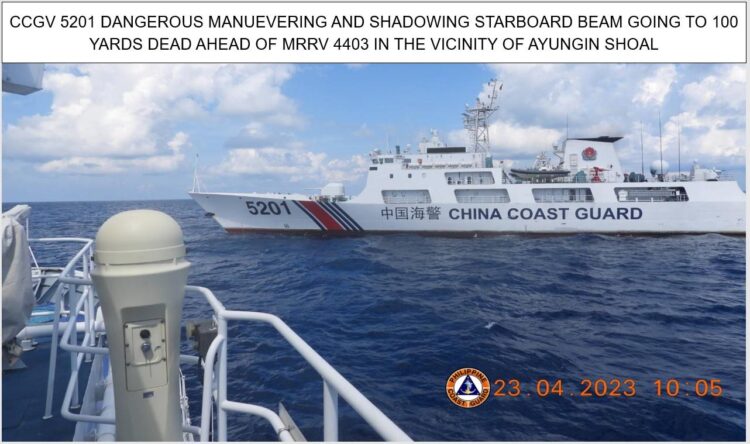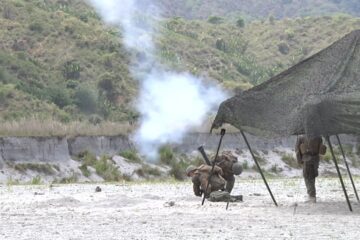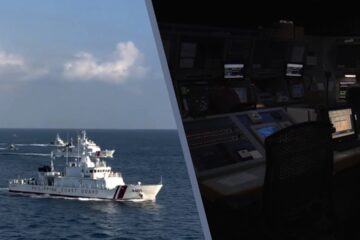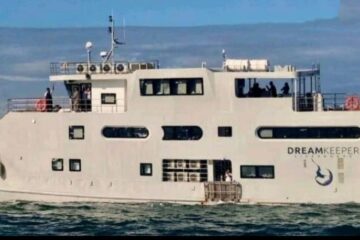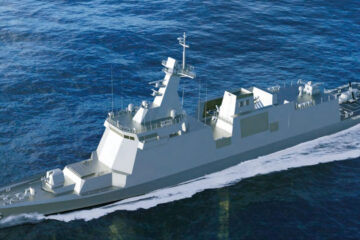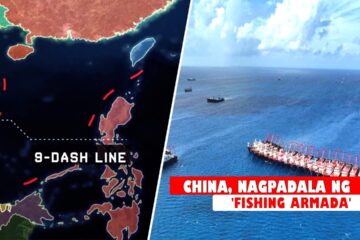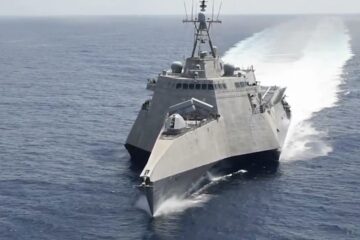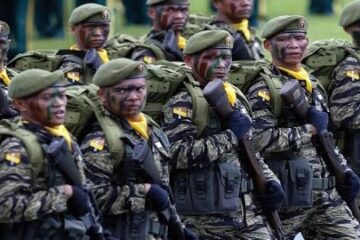China’s aggressive behavior in the South China Sea continues to draw criticism from the United States. In a recent incident, a Chinese coastguard ship cut off a Philippine patrol vessel, almost causing a collision. The US State Department has called for China to stop its “provocative and unsafe conduct” in the contested waters.
The incident comes just before US President Joe Biden is set to host Philippine President Ferdinand Marcos, Jr. at the White House in Washington. US State Department spokesman Matthew Miller called the incident a reminder of China’s “harassment and intimidation” of Philippine vessels in the disputed waters.
He urged Beijing to cease its provocative actions, warning that any attack on Philippine armed forces would prompt a US response. The near-miss on Sunday was the latest in a series of incidents between China and the Philippines in the contested waters.
“The United States stands with our Philippine #FriendsPartnersAllies in the face of the People’s Republic of China Coast Guard’s continued infringement upon freedom of navigation in the South China Sea.
We reaffirm that an armed attack in the Pacific, which includes the South China Sea, on Philippine armed forces, public vessels, or aircraft, including those of the Coast Guard, would invoke U.S. mutual defense commitments under Article IV of the 1951 U.S. Philippines Mutual Defense Treaty.”
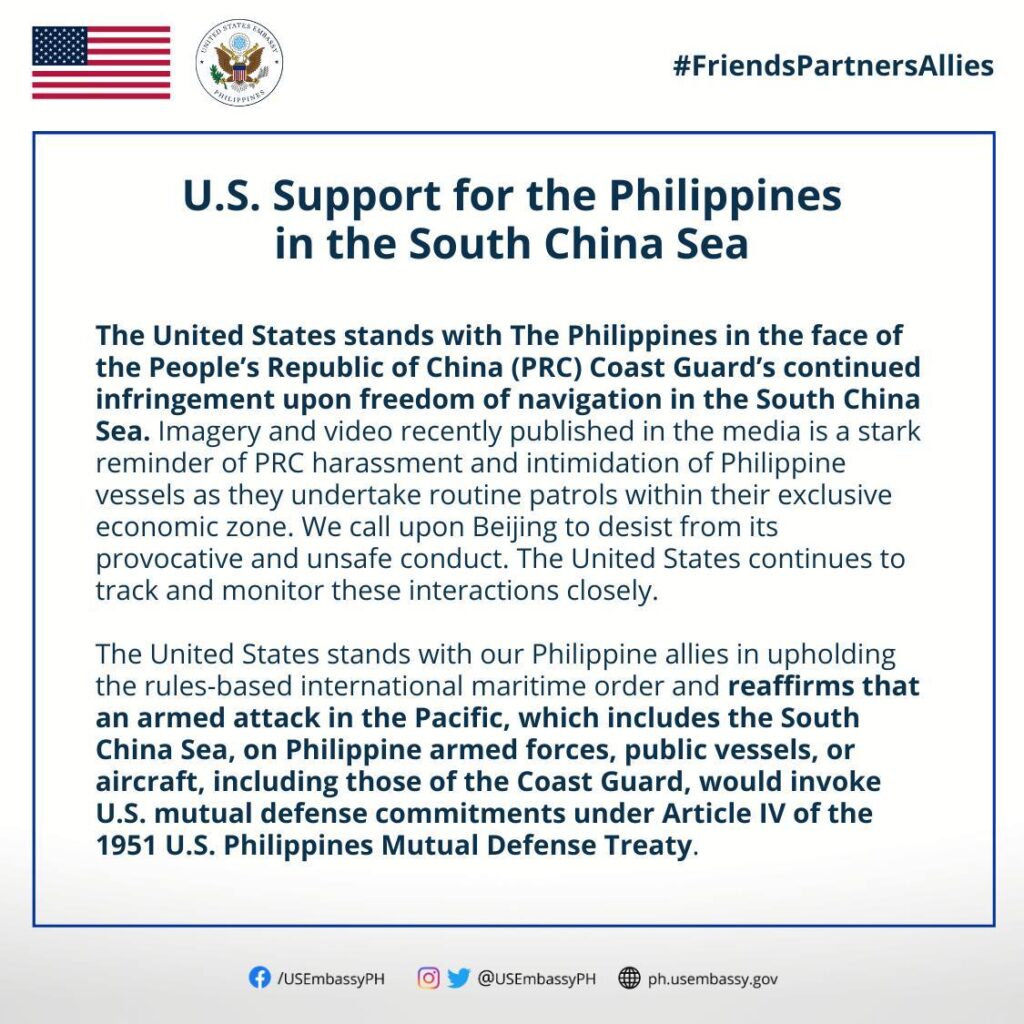
The Spratly Islands, known as the Nansha Islands in China, are at the heart of the territorial dispute between China and the Philippines. Beijing claims sovereignty over almost the entire South China Sea, ignoring an international ruling that the assertion has no legal basis. This claim has led to increased tensions in the region, with the Philippines and other Southeast Asian nations contesting China’s claims.
China’s Provocative Action
The recent incident occurred as journalists from several media outlets were invited to join two Philippine coastguard boats on a six-day patrol of the contested waters. As the patrol approached Second Thomas Shoal, a Chinese coastguard vessel sailed into the path of the BRP Malapascua, which was carrying Filipino journalists.
The commanding officer of the Malapascua said that the Chinese vessel came within 45 meters of his boat and that only quick action prevented a collision between the two vessels. Journalists from Agence France-Presse witnessed the incident from the other Philippine coastguard boat, which was less than 0.6 miles away.
The Chinese foreign ministry called the Philippine patrol a “premeditated and provocative action” and accused the boats of intruding without permission. However, Manila hit back, insisting that “routine patrols in our own waters can be neither premeditated nor provocative” and vowing to continue conducting the patrols.
The near miss occurred just a day after Chinese Foreign Minister Qin Gang met with Philippine President Marcos in Manila to discuss ways of defusing tensions in the contested waters. Marcos has been vocal about defending the Philippines’ rights in the South China Sea and has sought to strengthen defense ties with the US, a move that has caused concern in China.
As he prepares to meet with United States President Biden, Marcos has called for a “toning down of the rhetoric” over the South China Sea, Taiwan, and North Korea. The meeting between the two leaders is expected to focus on strengthening US-Philippine ties and finding ways to counter China’s assertiveness in the region.
The recent incident is a reminder of the ongoing tensions in the contested waters of the South China Sea. With China continuing to assert its territorial claims and the US and its allies seeking to counter its actions, the situation in the region remains tense and uncertain.
